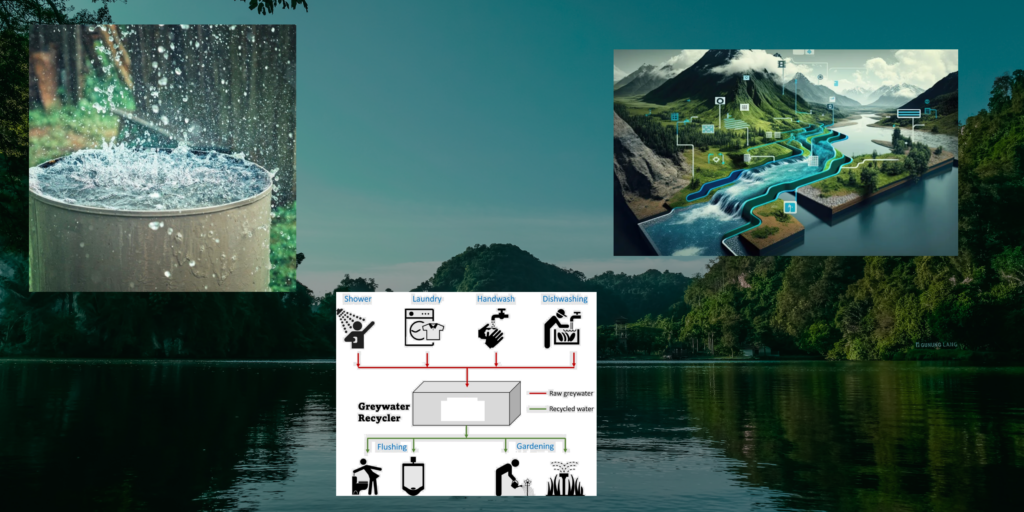
Water scarcity is a growing concern in India, with rapid urbanization and climate change exacerbating the challenge. Traditional water storage methods are becoming inefficient, leading to wastage and inadequate supply. As a result, Indian households are shifting towards smart water storage solutions that offer efficient management, sustainability, and cost-effectiveness. The future of smart water storage in Indian homes looks promising, driven by technological advancements, increased awareness, and supportive government policies.
The Need for Smart Water Storage Solutions
India faces recurring water crises, especially in urban areas where demand far exceeds supply. Over-extraction of groundwater, erratic monsoons, and water pollution further aggravate the situation. Conventional storage systems, such as plastic tanks, often suffer from contamination and inefficiencies. Smart water storage solutions aim to tackle these issues through automation, real-time monitoring, and water conservation techniques.
Emerging Technologies in Smart Water Storage
Advancements in technology are paving the way for intelligent water storage systems that ensure optimal utilization and minimal wastage. Some key innovations include:
Smart Tanks with IoT Integration: Equipped with sensors, these tanks monitor water levels, consumption patterns, and leak detection. Users can track usage through mobile apps, ensuring better control over water resources.
Automated Filtration Systems: Smart storage integrates advanced filtration techniques such as reverse osmosis and UV purification, ensuring access to clean and safe drinking water.
Rainwater Harvesting with AI Optimization: Traditional rainwater harvesting is enhanced with AI-driven mechanisms that predict rainfall, optimize collection, and regulate distribution within households.
Greywater Recycling Systems: These systems treat and reuse wastewater from sinks and showers for non-drinking purposes, significantly reducing overall water demand.
Government Initiatives and Policies
The Indian government is actively promoting water conservation and smart storage solutions through various policies and programs. Initiatives like the Jal Jeevan Mission aim to provide piped water to every household, encouraging efficient water management. Incentives for rainwater harvesting and subsidies for smart water infrastructure are making it easier for households to adopt advanced storage solutions.
Challenges in Implementation
While smart water storage systems hold immense potential, certain challenges need to be addressed for widespread adoption:
High Initial Costs: Smart tanks and filtration systems require an upfront investment, which may not be affordable for all households.
Technical Awareness: Many people remain unaware of the benefits of smart water storage, making education and awareness campaigns crucial.
Infrastructure Limitations: Rural and semi-urban areas may lack the necessary infrastructure for smart systems to function efficiently.
The Road Ahead
The future of smart water storage in Indian households is bright, with increased technological advancements, government support, and public awareness. Over time, costs are expected to decrease, making smart water storage accessible to a larger population. Sustainable solutions will play a crucial role in ensuring water security, making Indian households more self-sufficient and resilient to water shortages.
As India continues to adapt to modern water storage technologies, the integration of AI, IoT, and automation will transform the way households manage water. The journey towards a sustainable future will depend on collaboration between government, technology providers, and citizens, ensuring that water a precious resource is used wisely and efficiently.


